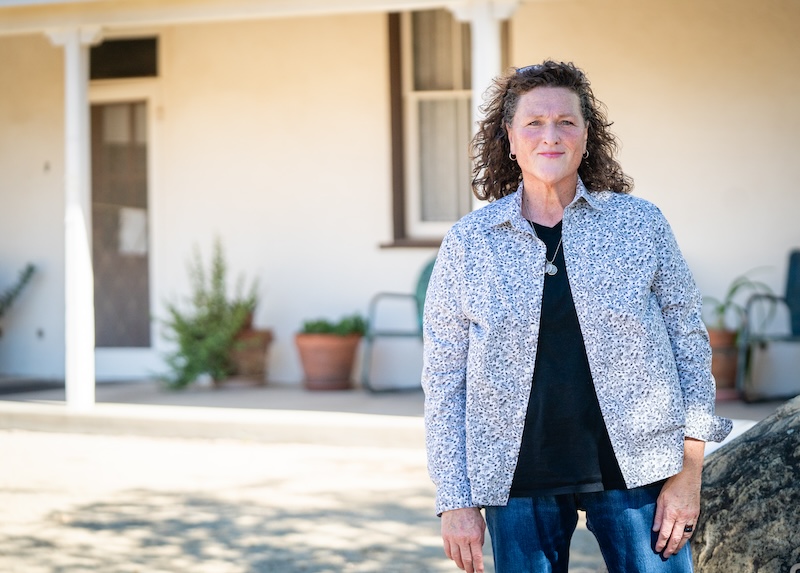Health & Wellness, Lifestyle Tips
What Is Kidney Disease and How Can Doctors Help?

Intro: What do kidneys do?
You may not think much about your kidneys, but these small organs do some big work behind the scenes. Like a recycling center for your body, they sort through what you can reuse and what needs to be removed. Kidneys help to filter your blood and balance the fluids in your body. They even release a hormone that helps to manage your blood pressure.
But what happens if your kidneys stop working as they should? Let’s break it down.
What is kidney disease?
- Kidney disease means your kidneys are not doing their job the way they should.
- It can happen slowly over time (chronic kidney disease) or suddenly (acute kidney injury).
- Many people don’t know they have kidney disease until it is advanced.
Who can get kidney disease?
Anyone can be affected. You may be at higher risk if you:
- Have diabetes
- Have high blood pressure
- Take certain medications long-term (like some painkillers or antibiotics)
- If kidney disease runs in your family, your risk may be higher too.
What are the symptoms?
Early stages of kidney disease sometimes have no symptoms, which is why testing matters. Some people may experience:
- Foamy urine
- Urinating more often or less often than usual
- Itchy and/or dry skin
- Feeling more tired than normal
- Nausea
- Loss of appetite
- Weight loss without trying to lose weight
As the disease gets worse, people may notice:
- Trouble concentrating
- Numbness or swelling in your arms, legs, ankles, or feet
- Shortness of breath
- Vomiting
- Breath that smells like ammonia
- Urinating more or less than usual or foamy urine
- Changes in appetite
- Trouble sleeping
- Nausea or itchy skin
How do doctors test for kidney disease (what to expect at your first appointment)?
Simple tests your doctor can order:
- Blood test to check how well your kidneys are cleaning your blood (creatinine and eGFR)
- Urine test to check for protein or blood in your urine
These tests are often part of regular check-ups, especially if you are at a higher risk.
What happens if you have kidney disease?
Doctors will work with you to protect your kidneys and slow the disease down. Treatment might include:
- Lifestyle changes (like diet and exercise)
- Managing conditions like diabetes and high blood pressure
- Medications
- In later stages, dialysis or a kidney transplant might be needed
You are not alone
Kidney disease is common, and your doctor can help you every step of the way. Please talk to your healthcare provider if you experience any of these symptoms or have one or more risk factors. With early detection and good care, many can live long lives with more time for the people and things that they love.
Ready to get tested, or have a concern? Talk to your primary care provider or find an Adventist Health nephrologist near you.


